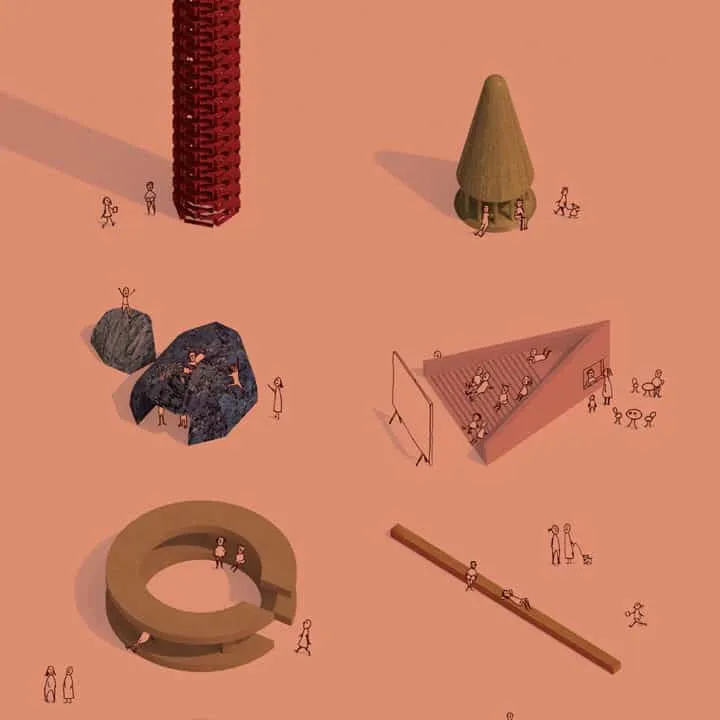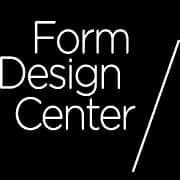–
Urban commons, meeting spaces and sharing
What creates identity, local involvement and a sense of belonging in an urban district? As our cities grow and new urban environments are developed, there is a growing insight that a focus on providing new homes is not enough to create living, integrated and sustainable urban environments. The market players and the current planning process lack the tools and possibilities necessary to create a mixed and long-term city.
A series of exploratory discussions and think tanks forms the basis of Commoning Kits. The exhibition uses discussions and installations to explore how the city’s various districts can be democratic and be claimed by city residents. The exhibition explores how urban spaces, districts and functions can be co-used in an intelligent and sustainable way in order to create social links but also to better utilise common resources and make the city’s qualities accessible to more people.
Commoning Kits is a Nordic joint project in which 13 selected architectural firms, representing some of the most interesting practices in Sweden, Norway and Denmark, offer goals of creating breadth and highlighting various starting points. The exhibition is part of a process that promotes discussions and knowledge sharing between the participating actors and between Malmö and other cities.
The results will be 13 unique tool sets – Commoning Kits – that can be used to promote neighbourhood communities in the development processes of various cities. The exhibition addresses 13 themes that reflect contemporary needs for spaces for such things as culture, education, recreation and mobility.
The point of departure for the project is the City of Malmö’s upcoming development of Sege Park, which functions as a fictitious location for the 13 projects. With a focus on sustainable and renewable construction methods, Sege Park will be a showcase for sustainable urban development with a framework of reducing the carbon dioxide footprint both during the construction process and from a lifecycle perspective.


